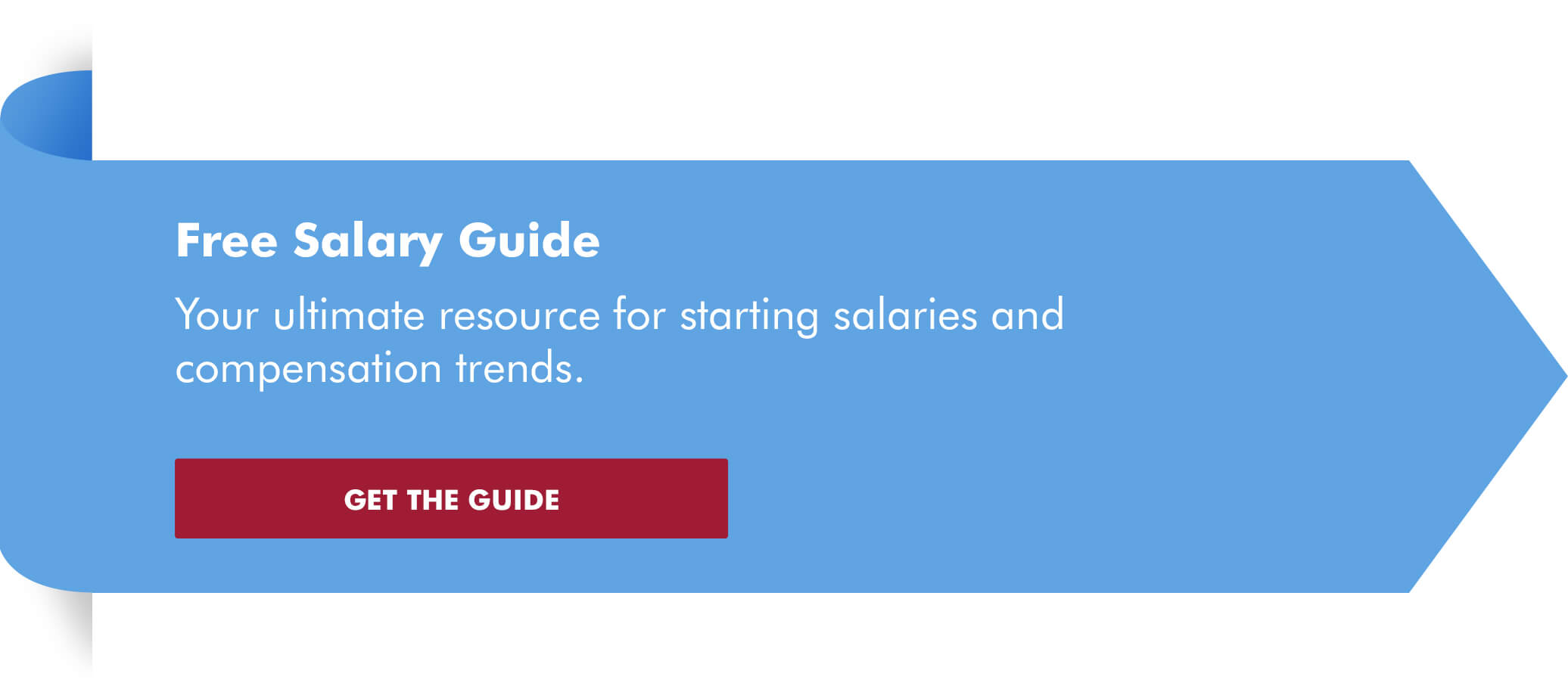Ever-changing regulation and compliance laws have placed candidates for internal auditor jobs in high demand in all industries. Also, Robert Half's latest Benchmarking the Accounting and Finance Function report shows that over the next three years, more than half of U.S. companies expect their compliance burden will increase.
Finding the ideal 21st century internal auditor with the balance of technical acumen and communication skills is fundamental to your team’s success.
You want to hire the right fiscal watchdog, but how do you go about building your dream team? It’s a tough decision that will require you to step back and look at the broad picture: How is this new internal auditor hire going to fit in your team to help advance the broader company mission? What skills should the applicant possess to perform these auditor jobs? And how will you go about the screening and interview process?
First, what skills should you look for?
First, gain a firm grasp on the specific skills you’ll need from your auditing team. Are there holes that need patching? How might this next hire help you achieve some of your strategic mid- and long-term goals? This will depend largely on your organization’s programs and systems, but the fundamental requirements for the job are immutable: a proven track record in accounting, data mining and analytics, knowledge of information technology, and Computer Assisted Audit Techniques using Excel.
It’s important to look for candidates who can go beyond identifying patterns and trends in data and make that data tangible by offering solutions and suggestions to help the company stay compliant and increase efficiency.
The role of the internal auditor is evolving in many organizations. It’s important to look for candidates who can go beyond identifying patterns and trends in data and make that data tangible by offering solutions and suggestions to help the company stay compliant and increase efficiency.
Soft skills are increasingly important for finance and accounting professionals, including internal auditors. Look for candidates who have demonstrated abilities in public speaking, business communication, listening and observing, persuasion, negotiation, critical thinking, team building and time management.
Second, what interview questions should you ask?
Most candidates will claim standard auditing skills on their resume. Verifying these bedrock skills can trip up some managers, but it’s still critical. Some abilities that a candidate may tout, such as identifying risk factors and solutions on deadline, require managers to ask follow-up questions and perhaps call one or two of the applicant’s references.
Put together a set of behavioral interview questions that require the candidates to think on their feet and prompt them to cite specific examples of projects on which they worked that show an effect of hard and soft skills. One method might be to prepare sample work assignments and ask the candidate to write a constructive review, to offer suggestions for improvements and how the department might implement those suggestions.
To assess a candidate’s time-management skills, you might present a scenario such as this: You return from lunch to find a new project requiring a one-day turnaround on top of your current workload. How do you handle it? For insight into the candidate’s interpersonal skills, you could ask: Describe how you would deal with an employee in another department who is being deliberately unhelpful with regard to file access and documentation.
Last, hiring the top talent for your team
With the demand for qualified internal auditors outpacing the supply of talent, candidates can afford to be picky. Getting the top talent for your team means you’ll have to put together the most desirable offer. Check out the 2018 Robert Half Salary Guide to see internal auditor salary levels throughout the industry, and don’t forget to consider employee perks to attract the best candidates to your organization.
Hiring the right internal auditors is an art form. By recruiting candidates with the skills you need and by making a competitive offer, you’ll create an auditing team that helps your company perform head and shoulders above the competition.
Find out more about this evolving role
The Benchmarking report has answers to the following questions:
- What function, department or positions are responsible for internal controls?
- How does this responsibility vary by company size, country and type of key control (e.g. SOX)?
- What are the benchmarks for the number of key controls by company size and country?
- Which regulatory or compliance rules tend to be most challenging today?
- How are compliance burdens impacting accounting and finance processes and activities?








